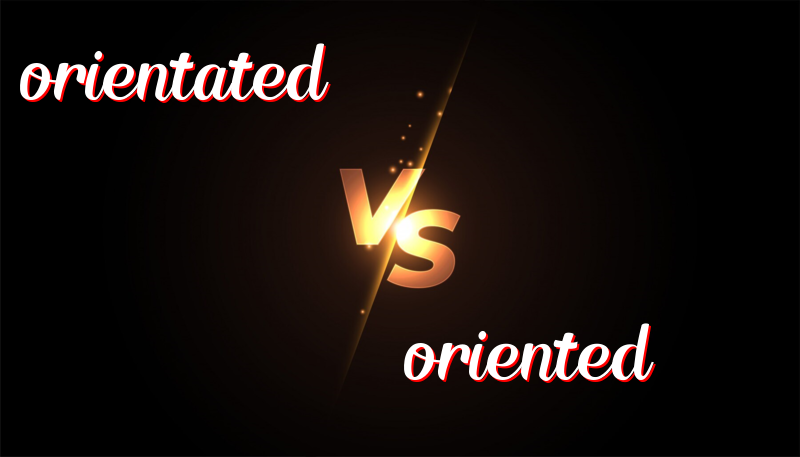Differences Between Orientated and Oriented: Simple Guide
Understanding the Words: Orientated vs. Oriented
Sometimes people get confused between the words “orientated” and “oriented.” Let’s learn about their differences, their history, how to use them, and a small trick to remember which one to use.
History of the Words
The word “oriented” comes from the word “orient,” which means to find your direction or position. “Orientated” is mainly used in British English, while “oriented” is more common in American English.
How to Use Them
“Oriented” is used when talking about directions or how something is aimed or adjusted. “Orientated” is also about directions but is used more in British English. Both words mean the same thing, but “oriented” is a bit more common worldwide.
Examples of “Oriented”
- The map is oriented towards the north.
- He is family-oriented and loves spending time with his kids.
- The project is results-oriented and focuses on achievements.
- The classroom is oriented to support group learning.
- The company is customer-oriented, always putting the client’s needs first.
Examples of “Orientated”
- She is well orientated and knows where everything is in the office.
- In the UK, many sports teams are community orientated.
- The guide had us properly orientated before we began the hike.
- His goals are more career-orientated than personal.
- The tour was designed to get visitors quickly orientated with the museum layout.
Trick to Remember the Difference
Think of “oriented” as the more widely used version, especially if you’re in the United States. If you are writing for a British audience, “orientated” might be more suitable. However, if you are unsure, “oriented” is safe to use everywhere.
Summary
Both “oriented” and “orientated” mean the same. “Oriented” is more common, especially in the US, while “orientated” is used more in British English. Use “oriented” if you’re not sure which one to pick.

Leave a Reply
You must be logged in to post a comment.